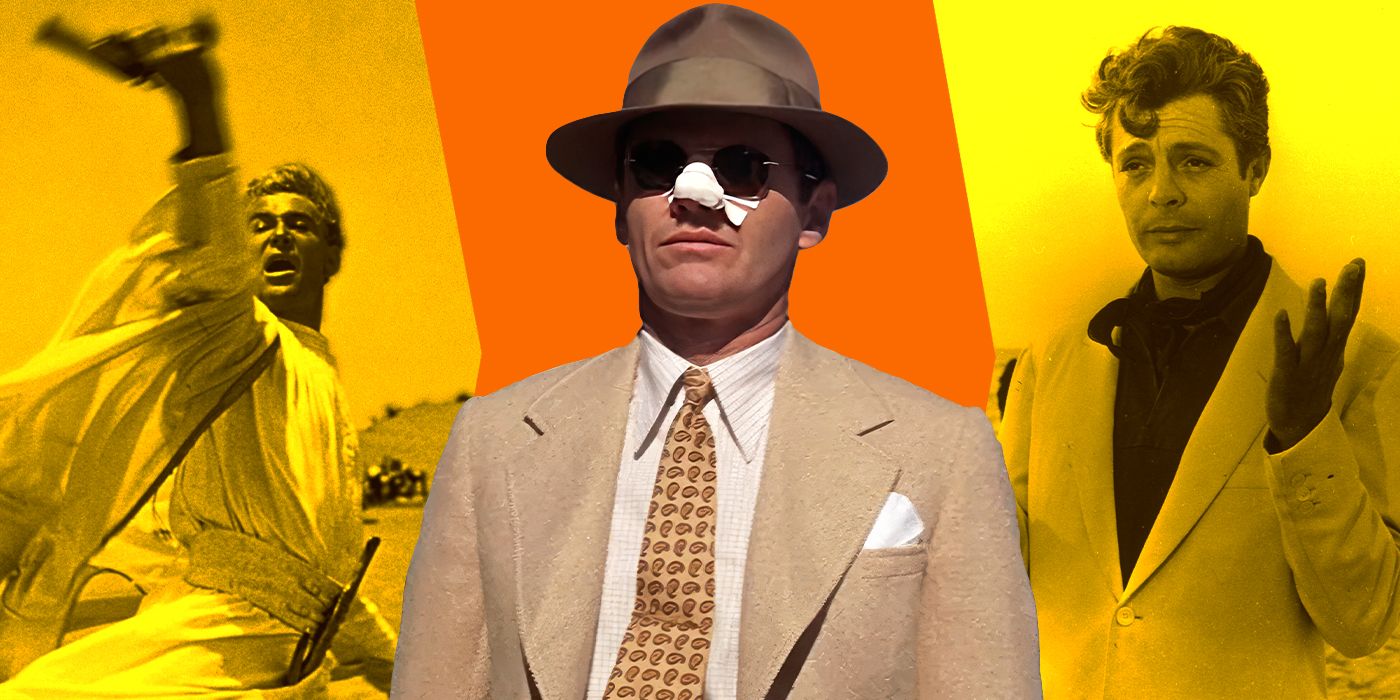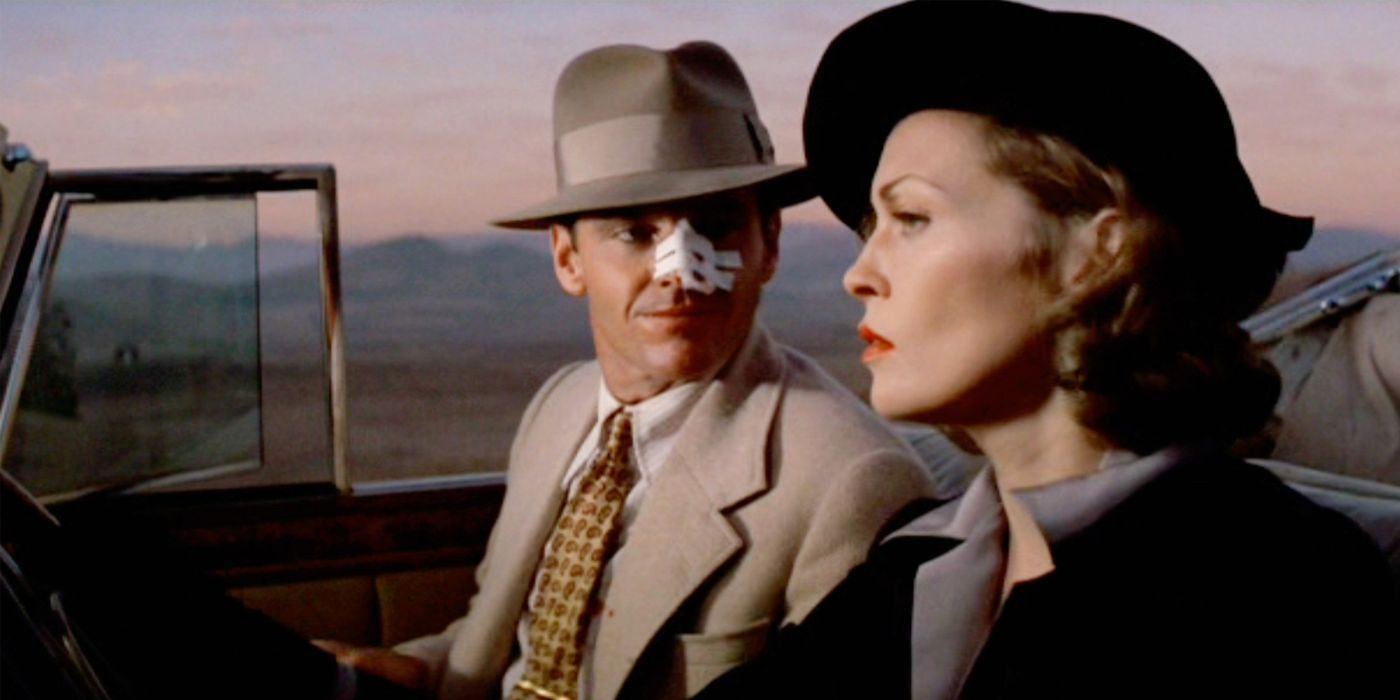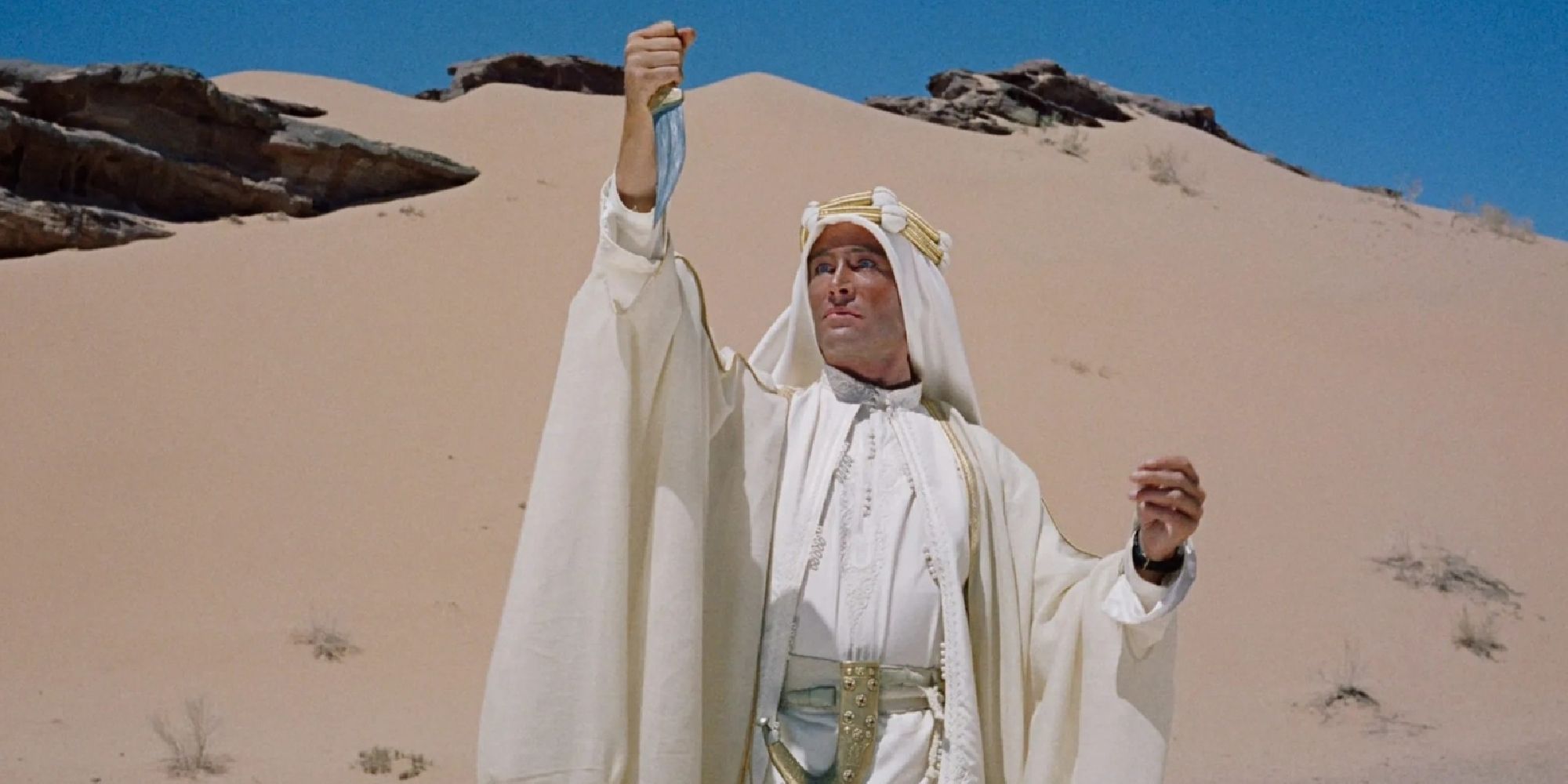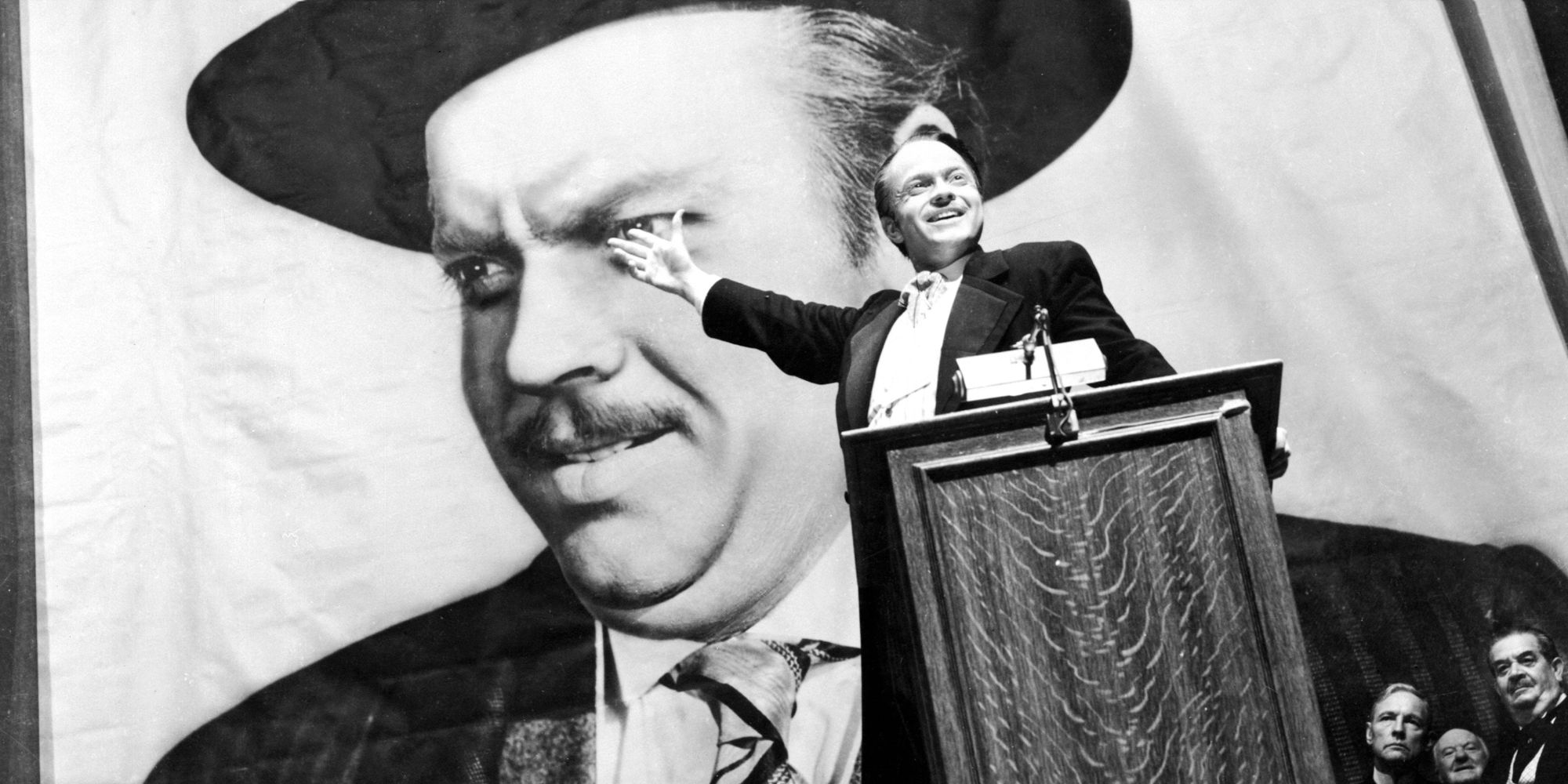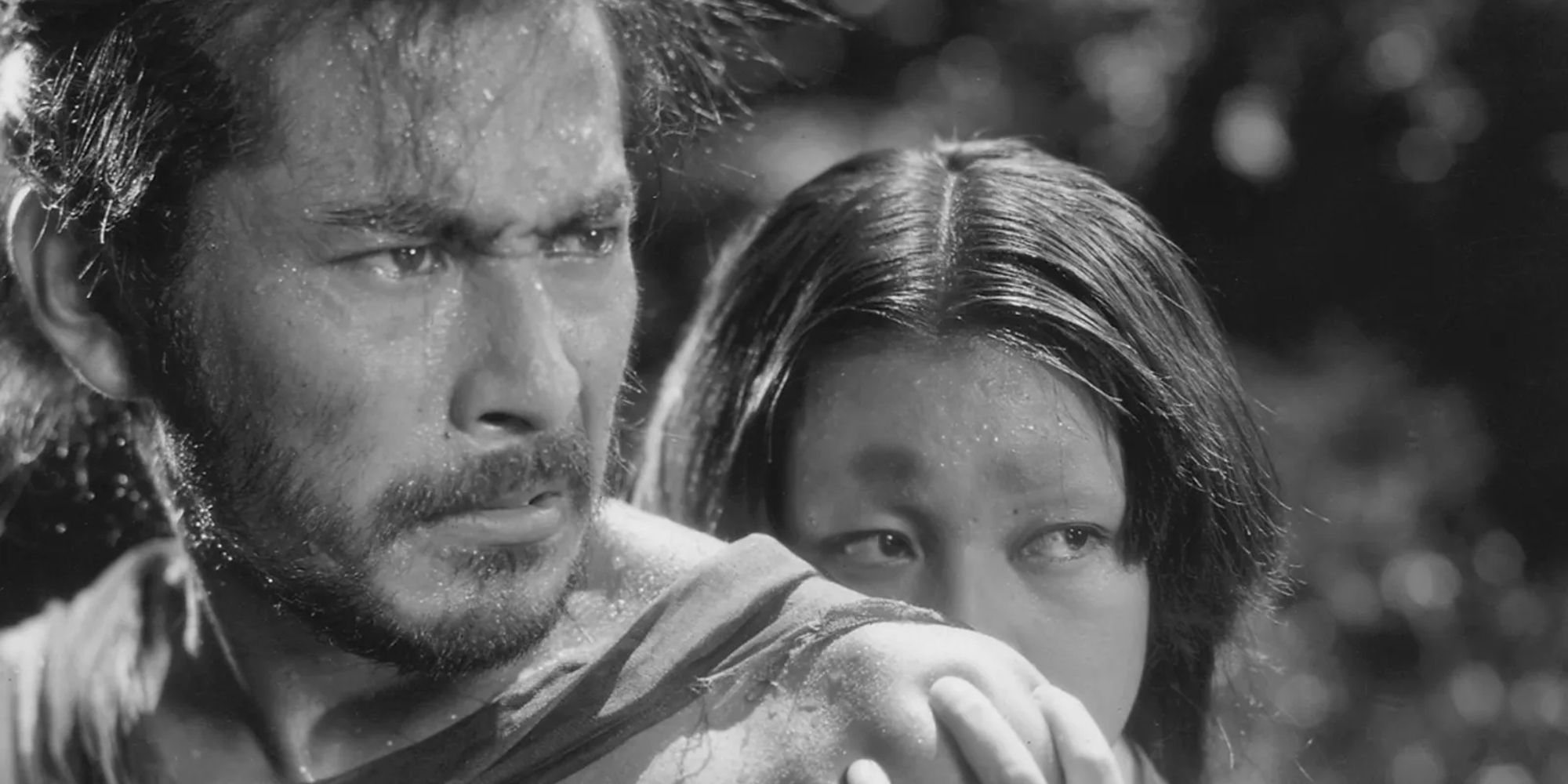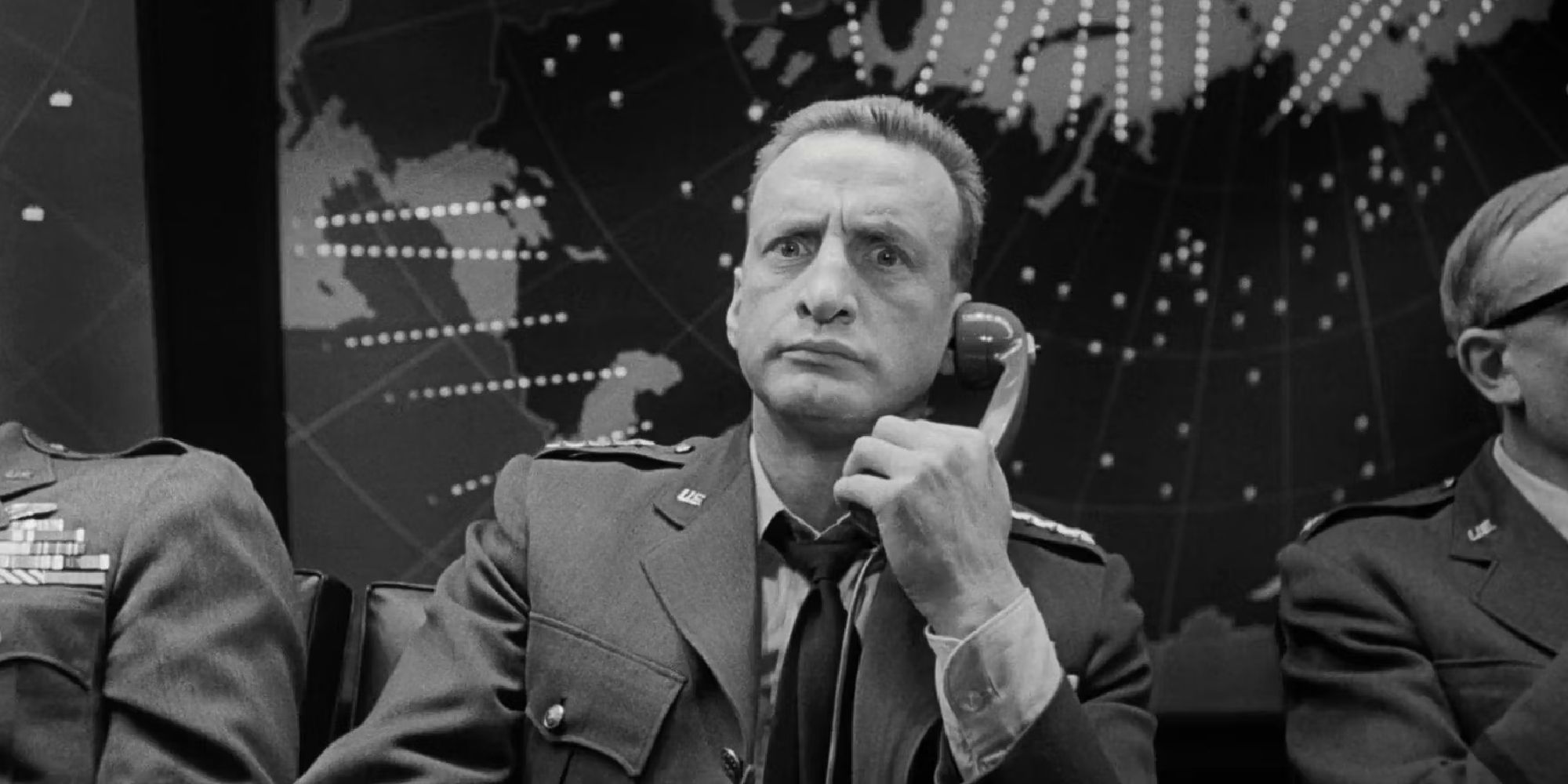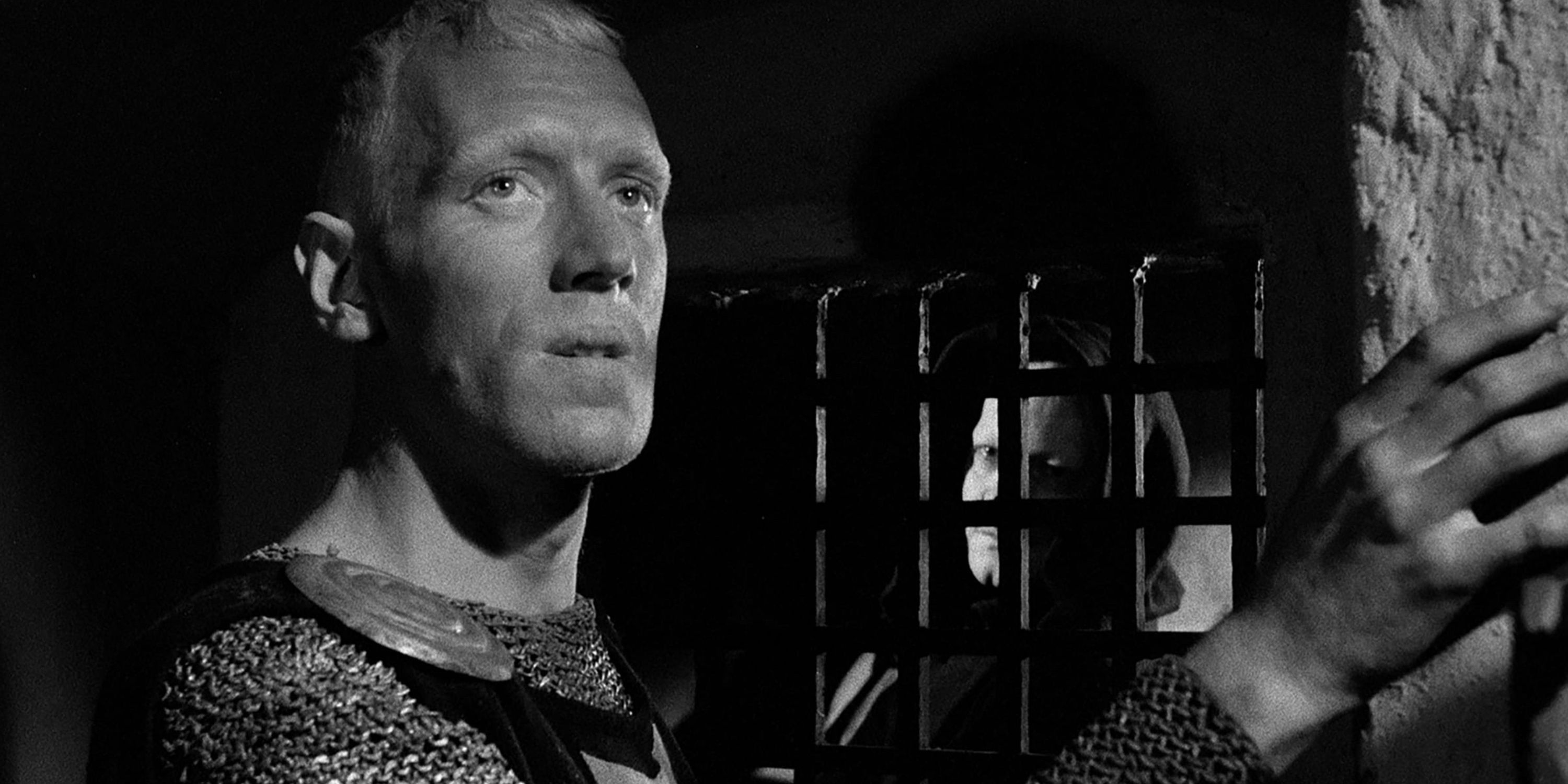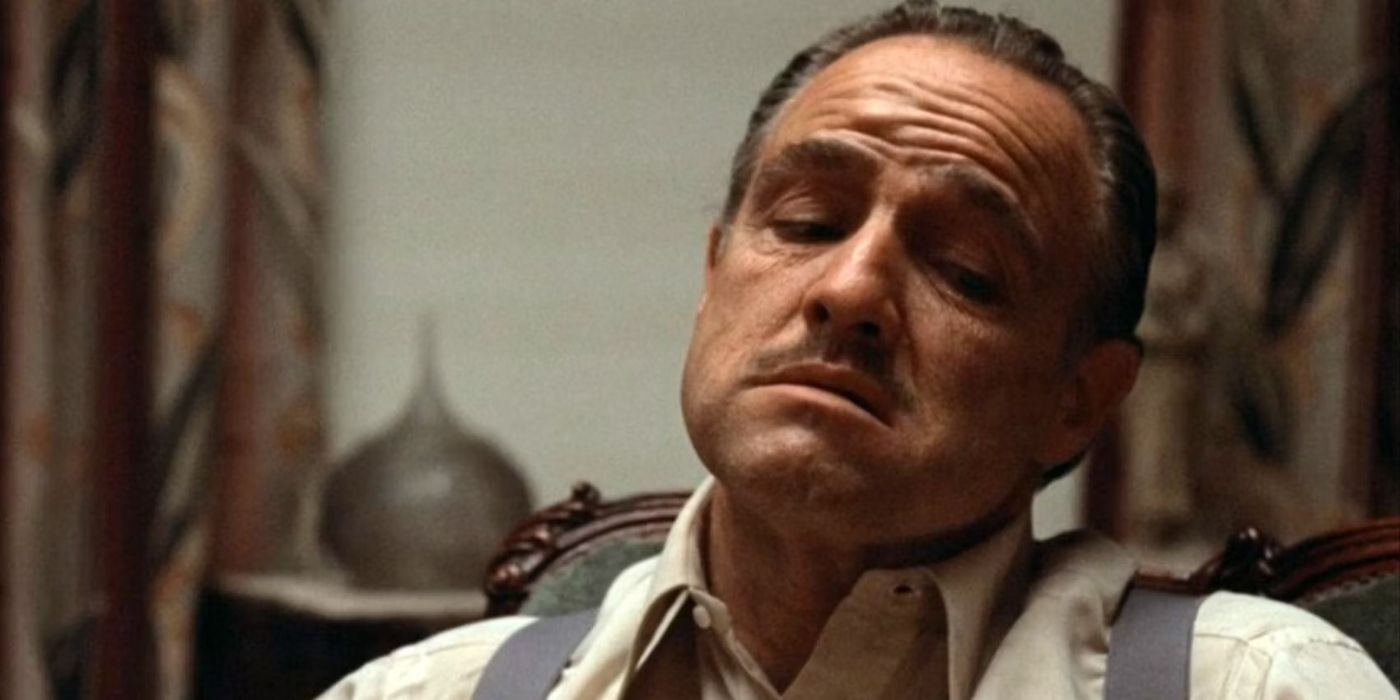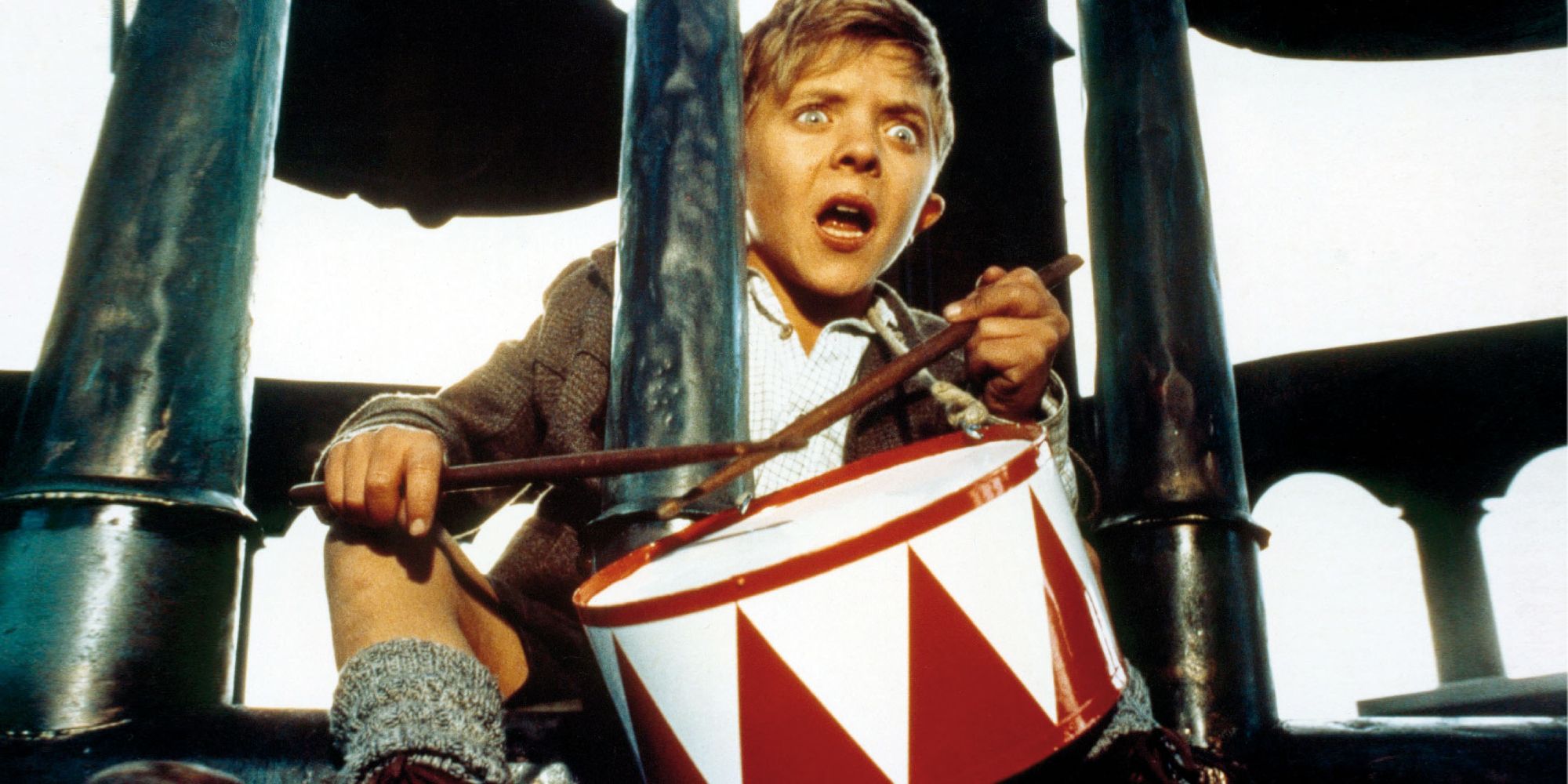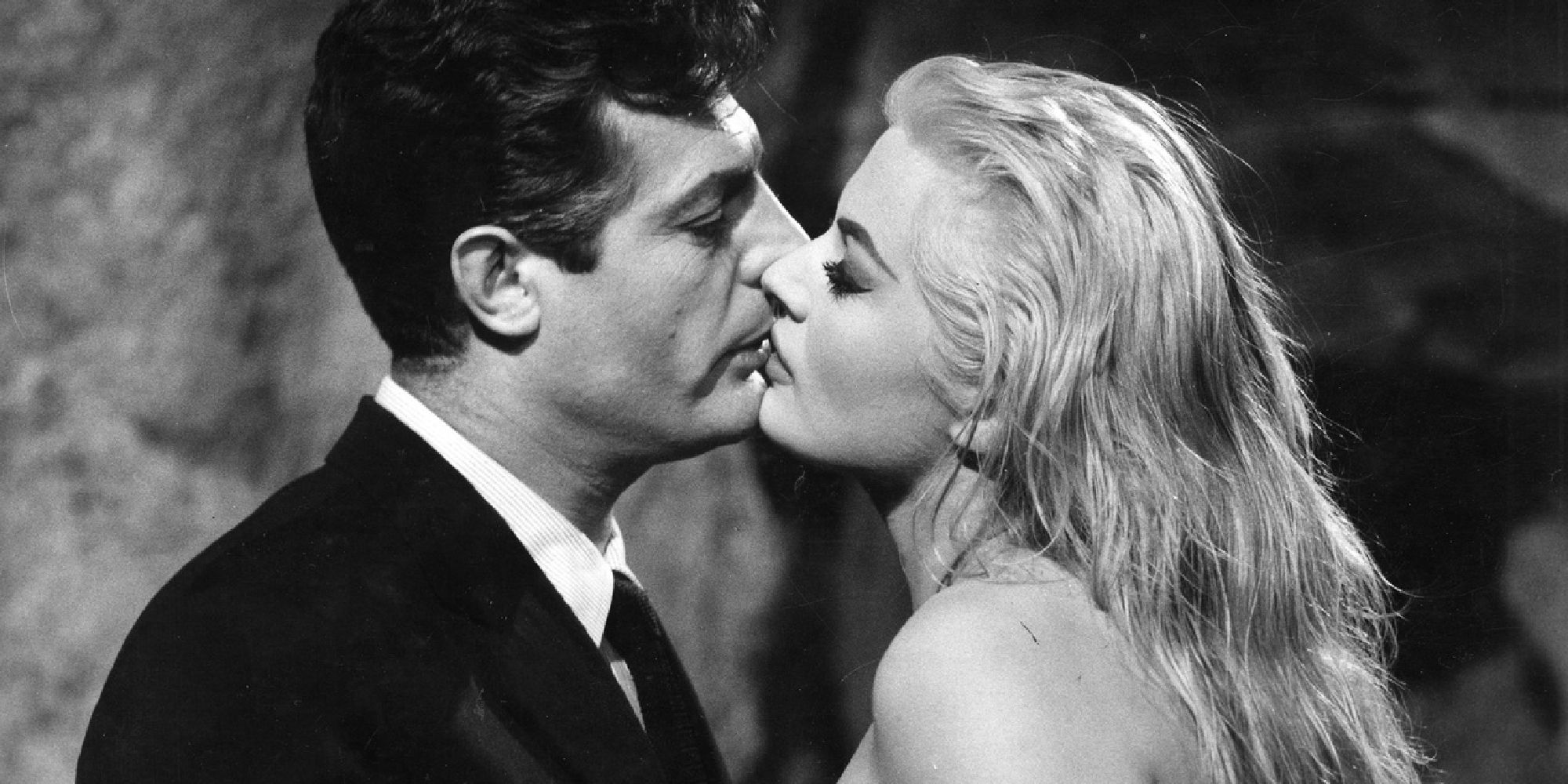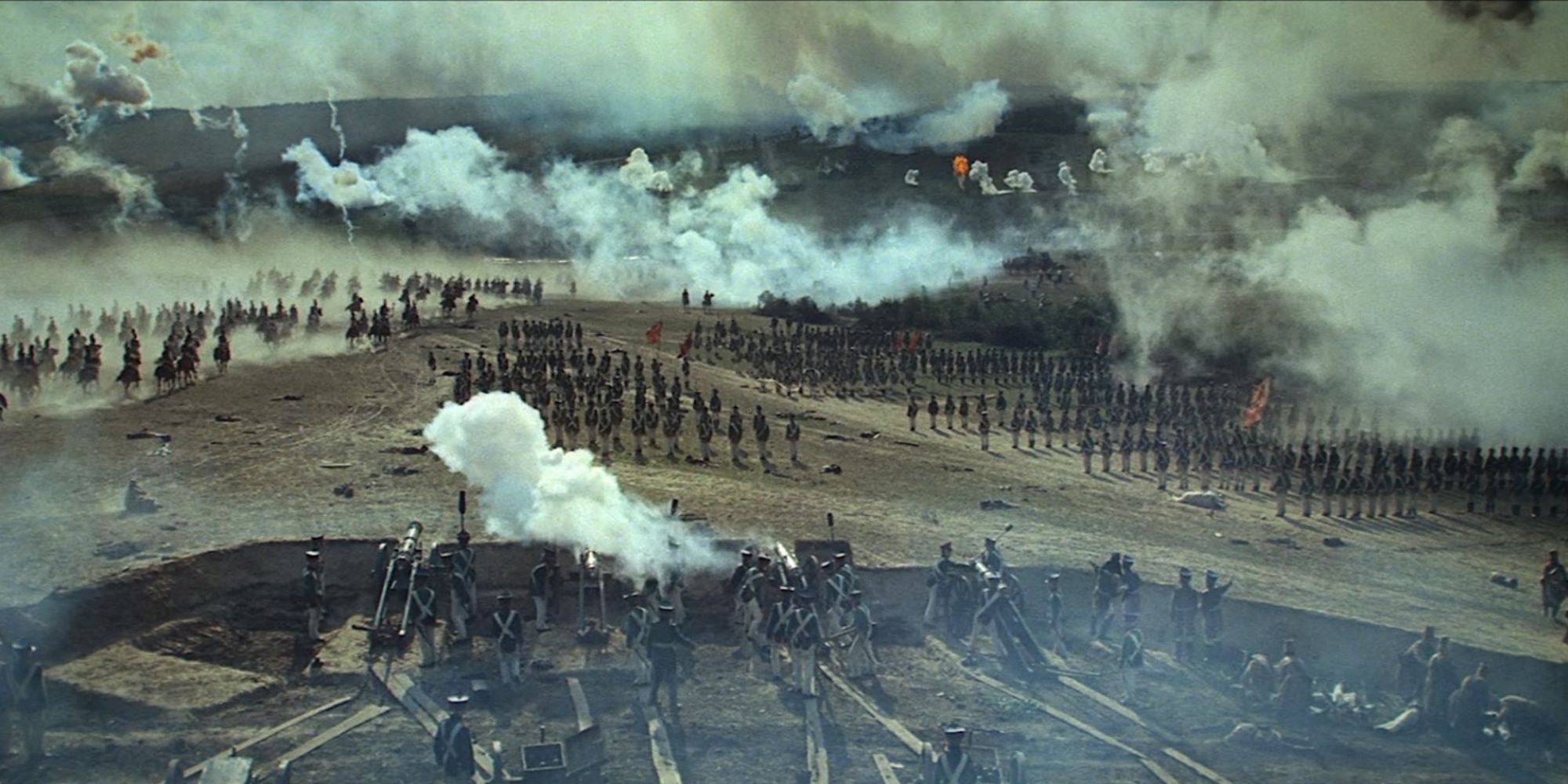Hearing the name Roger Corman certainly conjures up a certain kind of movie. On top of that, it probably also conjures up many images of many movies, because Corman’s been a part of the film industry for longer than just about anyone else. He began producing and directing movies back in the 1950s, shifting to most producing duties from the 1970s onwards, and to this day, having credits as a producer for upcoming films.
He made dozens of movies as a director, produced or was the executive producer for hundreds more, and recently celebrated his 98th birthday in April 2024. He’s undeniably earned the right to be called a legend, and also worth celebrating is his clear love for cinema, as partly shown by his list of favorite movies. Participating in the Sight & Sound poll in 2022, he nominated 10 great movies as his personal favorites; all are below, in no particular order.
10 'Chinatown' (1974)
Director: Roman Polanski
It’s fitting that Chinatown should be up there as one of Roger Corman’s favorite movies, given Jack Nicholson famously got his start in a handful of Corman-directed movies (like The Little Shop of Horrors and The Terror) before having breakout success as an actor in the late 1960s. Nicholson was one of many people who started to make a name for themselves in Roger Corman productions, with Corman similarly being known for helping up-and-coming directors make their early movies (most notably, Martin Scorsese, James Cameron, and Francis Ford Coppola).
Anyway, back to Chinatown, it’s legendary! It’s a great movie; some may well even go so far as to call it perfect. It has a strong central mystery that unfolds slowly but devastatingly, has excellent performances from the likes of Nicholson, Faye Dunaway, and John Huston, and also features one of the most memorable endings in cinema history.
Chinatown
- Release Date
- June 20, 1974
- Director
- Roman Polanski
- Cast
- Jack Nicholson , Faye Dunaway , John Huston , Perry Lopez , John Hillerman , Darrell Zwerling
- Runtime
- 130 minutes
9 'Lawrence of Arabia' (1962)
Director: David Lean
Most Roger Corman movies are defined by their low budgets and effective methods of cost-cutting. Indeed, these aspects are why the man is legendary for his success as a producer/businessman within the film industry, and well-regarded for barely ever losing money on a film. However, that clearly doesn’t prevent Corman from loving movies made on an epic scale, such as the famed Lawrence of Arabia.
This is sort of a go-to example of how best to execute an epic, given it's a war movie, an adventure film, and an intensely psychological character study all at once. It’s nearly four hours long, but it never feels like it drags or runs the risk of being boring. There’s a reason Lawrence of Arabia has been praised to the moon and back in the 60+ years since its release, and Roger Corman can count himself as one of its many, many fans.
Lawrence of Arabia
- Release Date
- December 11, 1962
- Director
- David Lean
- Cast
- Peter O'Toole , Alec Guinness , Anthony Quinn , Jack Hawkins , Omar Sharif , Jose Ferrer
- Runtime
- 227 minutes
- Main Genre
- Adventure
8 'Citizen Kane' (1941)
Director: Orson Welles
It’s tricky to talk about Citizen Kane, especially right after going over Lawrence of Arabia… everyone already knows how great these films are. With regard to Citizen Kane and Roger Corman, at least, it’s interesting to note that Corman’s old enough to have potentially seen Citizen Kane when it was originally released in theaters; he would’ve been 15 at the time. There’s no source confirming or denying that, but it’s cool to think about, and speaks to how long Corman’s been around.
Rise-and-fall narratives don’t get told much better than the one that’s told in Citizen Kane, with a series of flashbacks shedding light on who the troubled and mysterious Charles Foster Kane really was, as a person. It was inventively shot, sharply written, impressively acted, and overall emotionally powerful as a film, and just about all of it still holds up remarkably well all these decades later.
Citizen Kane
- Release Date
- April 17, 1941
- Director
- Orson Welles
- Cast
- Orson Welles , Joseph Cotten , Dorothy Comingore , Agnes Moorehead , Ruth Warrick , Ray Collins
- Runtime
- 119
- Main Genre
- Drama
7 'Rashomon' (1950)
Director: Akira Kurosawa
Many people would point to Seven Samurai being Akira Kurosawa’s great achievement as a filmmaker, and indeed, that’s probably his biggest and most influential movie. Corman selected a slightly smaller Kurosawa film, Rashomon, to appear on his list of favorites, but it’s similarly influential and remains compelling, being just as strong a mystery/drama movie as Seven Samurai is an action/epic film.
Rashomon’s structure is its most noteworthy quality, given the plot revolves around the aftermath of a horrific crime, and the events surrounding said crime occur in a series of flashbacks, with each party/witness recalling things in a slightly different way. As a film about the unreliability of memory and the limits of “justice,” broadly speaking, it’s very effective stuff, and can justifiably count itself among the best of all Akira Kurosawa’s works.
Rashomon
- Release Date
- August 25, 1950
- Director
- Akira Kurosawa
- Cast
- Toshiro Mifune , Takashi Shimura
- Runtime
- 88
- Main Genre
- Drama
6 'Dr. Strangelove or: How I Learned to Stop Worrying and Love the Bomb' (1964)
Director: Stanley Kubrick
One of the best-written movies of all time, Dr. Strangelove or: How I Learned to Stop Worrying and Love the Bomb tackles the Cold War and the prospect of nuclear annihilation in a darkly hilarious fashion. It follows a tense stand-off between U.S. and Soviet forces that just continues to escalate throughout the film, with incompetent officials and politicians proving consistently unable to stop things from going out of control.
It's dark and kind of depressing stuff, but Dr. Strangelove is thankfully also very funny, and gets its anti-war message across surprisingly well with the use of humor, rather than drama or in-your-face tragedy. Stanley Kubrick was a director who was ahead of his time, with a rebellious spirit found in much of his work, and the same could perhaps be said about Corman; both figures within the film industry who proved, time and time again, to be unafraid of just doing their own thing.
Dr. Strangelove Or: How I Learned To Stop Worrying And Love The Bomb (1964)
- Release Date
- January 29, 1964
- Director
- Stanley Kubrick
- Cast
- Peter Sellers , George C. Scott , Sterling Hayden , Keenan Wynn , Slim Pickens , Tracy Reed
- Runtime
- 95 minutes
5 'The Seventh Seal' (1957)
Director: Ingmar Bergman
While Ingmar Bergman’s filmography isn’t solely packed with downbeat and mysterious arthouse films, that’s the sort of style he became most well-recognized for. Indeed, The Seventh Seal showcases many “Bergmanisms,” what with its exploration of complex themes like death, religion, and the meaning of life, and for its willingness to showcase characters who are struggling with intense things they don’t know how to cope with.
The Seventh Seal is naturally pretty bleak, for much of its runtime, taking place during the Black Death and centering on a disillusioned knight who ends up challenging Death itself to a game of chess. It’s far from the only Bergman movie worth watching, but if a person was only able to watch a single film of his, The Seventh Seal might be the one to pick, just because it really lays out – and makes apparent – much of what the Swedish filmmaker’s body of work was all about.
4 'The Godfather' (1972)
Director: Francis Ford Coppola
Lawrence of Arabia isn’t the only acclaimed and award-winning epic movie Roger Corman picked for his personal top 10, because the first The Godfather is also on his list. It’s another one of those seminal films that’s become a staple in pop culture, getting referenced and parodied time and again while still holding up as a great movie about family, business, greed, death, betrayal, and corruption.
It’s about as good as crime epics get, and that it manages to do so many lofty things while feeling both classy and very approachable as a film just makes it all the more deserving of its classic status. Need another reason to watch The Godfather, by any chance? It’s got one of the best casts of all time, and just about all of them – especially Marlon Brando, Al Pacino, James Caan, and Robert Duvall – deliver career-best performances.
The Godfather (1972)
- Release Date
- March 14, 1972
- Director
- Francis Ford Coppola
- Cast
- Marlon Brando , Al Pacino , James Caan , Richard S. Castellano , Robert Duvall , Sterling Hayden
- Runtime
- 175 minutes
3 'The Tin Drum' (1979)
Director: Volker Schlöndorff
Perhaps the most obscure film of Roger Corman’s picks (though it’s still pretty well-known, given its status as a Palme d’Or winner), The Tin Drum looks at the events of World War II from the perspective of a German boy… kind of. The lead character, Oskar Matzerath, has the appearance of a boy but is actually an adult who’s willed his body to stop growing physically.
That’s not even all of it, when it comes to how strange The Tin Drum is, being mildly fantastical while nevertheless also showcasing the horrors associated with the rise of Fascism in Germany during the 1930s and the Second World War that followed, into the 1940s. It’s a twisted kind of coming-of-age story, and perhaps not for everyone, but those after something different – not to mention a little challenging – might want to seek it out.
Watch on Max
2 'La Dolce Vita' (1960)
Director: Federico Fellini
A highlight of the entire 1960s, La Dolce Vita earns its status as one of the greatest Italian films of all time. It’s perhaps the crowning achievement of filmmaker Federico Fellini, not to mention his most ambitious effort. It’s episodic in structure, following a womanizing and disillusioned journalist from one story to the next, his behavior becoming gradually more immoral and his sanity perhaps slipping the more things go on.
It's a dazzling and non-stop film to experience, and given its runtime of almost three hours and the various excesses it depicts, there’s an argument to be made that it could all be a bit too much. A second viewing might be needed to soak it all up, but there’s more than enough in La Dolce Vita to make it an enticing film to revisit; there’s just so much to unpack visually, thematically, and narratively.
La Dolce Vita
- Director
- Frederico Fellini
- Cast
- Marcello Mastroianni , Anita Ekberg , Anouk Aimee , Yvonne Furneaux , Magali Noël , Alain Cuny , Annibale , Ninchi , Walter Santesso
- Runtime
- 174 Minutes
1 'War and Peace' (1966)
Director: Sergey Bondarchuk
War and Peace is known for being a gargantuan novel, and the best film adaptation of it to date also ranks as one of the longest war movies of all time. Released in four parts that add up to about seven hours in total, this take on War and Peace is one of the biggest and most ambitious movies of all time, doing justice to its massive source material through its scale and immense production value.
It’s another favorite of Roger Corman’s that stands in contrast to the sorts of movies he made, but cinema’s nice in that way, seeing as you can enjoy smaller, campier B-movies made in just a week or two, and then also appreciate massive productions that possibly took months to make, if not years. War and Peace is one of the biggest and best films of all time, and does have to be seen to be believed.

